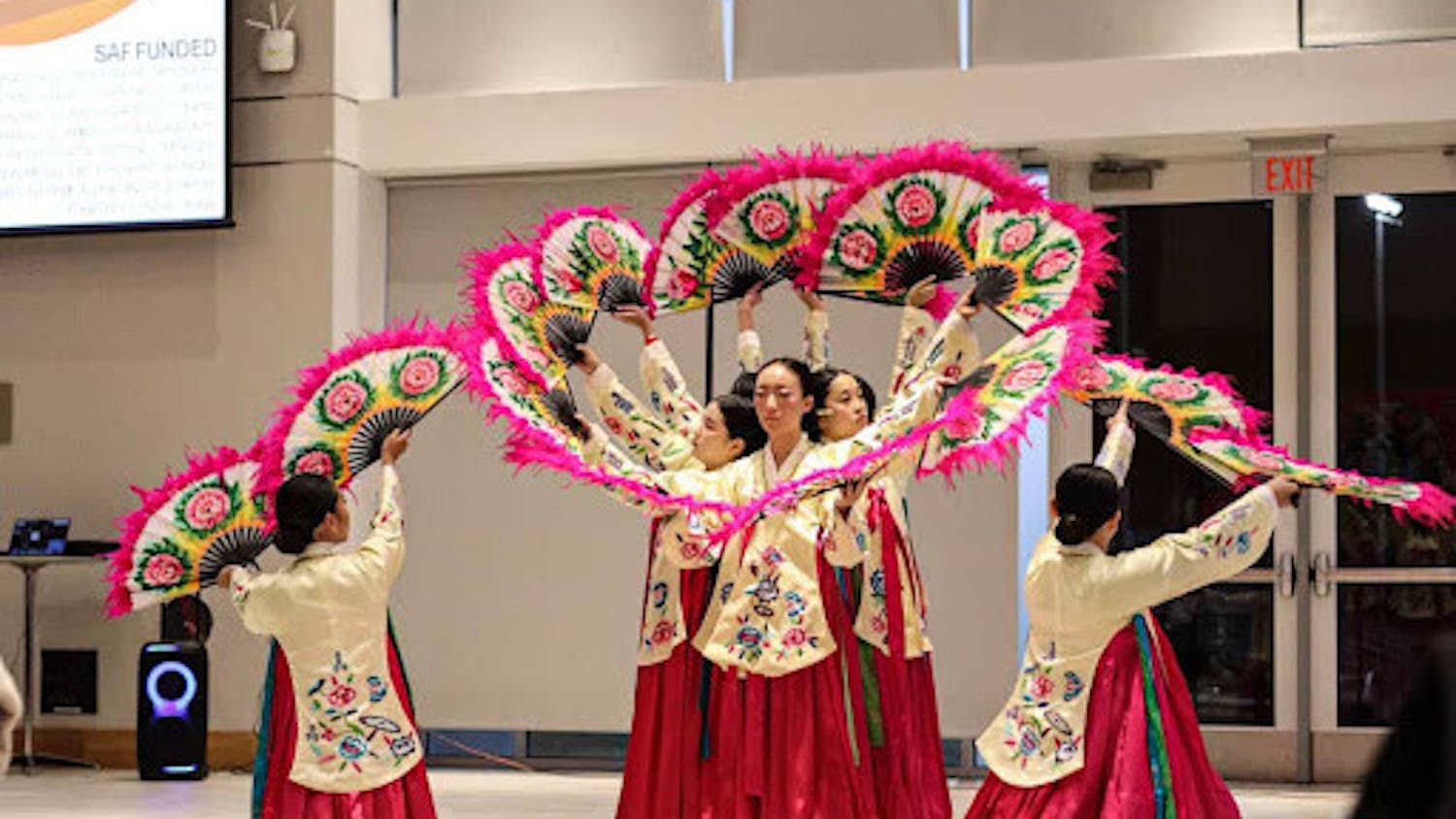In recent weeks, students were surprised to hear that instead of taking a set of unrelated courses to fulfill their liberal learning requirements, they had two other options. Now, the coordinators of the liberal learning program want to clear up any misconceptions students have.
Instead of Option C, which the majority of students choose, students can do an interdisciplinary concentration (Option A) of six to eight courses or create their own concentration (Option B).
However, according to Robert Anderson, director of Liberal Learning, and Richard Kamber, coordinator for interdisciplinary concentrations, students who wish they could have chosen a different option may not have been able to anyway.
"It would have been difficult," Kamber said.
While the three-option program was officially adopted in 2003, Kamber said the first of the concentrations for Option A were not formally approved until March 2005.
Therefore, the students most able to benefit were the incoming freshmen, but Anderson said they were not informed about Options A and B during their orientation in June.
As a result, Anderson and Kamber said the current focus is on letting the incoming Class of 2010 understand the benefits of choosing Options A and B.
"We're putting forth a full-court press," Anderson said.
Kamber said that he plans on discussing liberal learning with prospective students during Accepted Students Day on April 2.
He said that he hopes some students will declare an interdisciplinary concentration during orientation in June.
A major benefit in choosing Option A, Anderson said, is that the mandatory freshman seminar class can count as a required course for the concentration.
There are currently 15 concentrations under Option A, with at least two more likely to be approved by the end of the semester, and Anderson said he believes it is time for students to only use Option C as a last resort.
"Instead of a mindless group of nine courses (in Option C)," he said, "you get a focused concentration."
Kamber also praised Options A and B.
He said that these options allow students to focus on areas of interest. In addition, the concentration is listed on students' transcripts just like a minor.
While Anderson said that it is probably too late for most students to change to Options A or B, Kamber said that current freshmen and even a few sophomores may still have an opportunity to switch.
Students can e-mail Kamber at rkamber@tcnj.edu to explore the opportunity of choosing Options A or B.
Anderson and Kamber said that advising is a major obstacle in the successful implementation of the program.
"Advising has always been a weak point (at the College)," Kamber said.
Anderson said that faculty is under a lot of pressure between classes and their own research, so advising sometimes takes a back seat.
"You need a core of good advisors, and that hasn't happened yet," he said.
Kamber stressed that with the multitude of options in the liberal learning program, good advising is a necessity.
"This was as uncomplicated as we could make it, but it's still complicated," he said. "It's all the more important to have good advising."
Anderson is working to make Options A and B more visible to the student body.
He proposed new program planners for the 2006-07 academic year, in which all three options are more clearly presented in the first column.
He also worked to update the liberal learning Web site. A revamped version was put online on Feb. 17.
"We've gone to extraordinary lengths to get everything up on the Web site as clearly as possible," Kamber said. "The place to begin . is just to go to the liberal learning page."
Interested students can access the site at www.tcnj.edu/~liberal.
Kamber encouraged students to embrace the program, which is the only one of its kind in the nation.
"This is an unusual, exciting program that has not caught on the way it should," he said.
Overall, Anderson said he hopes that students utilize the liberal learning program to round out their education and gain a love of knowledge.
"I want (students) to have a love of the life of the mind, no matter what else they do," he said. "I want them to have a broad and coherent understanding of the world at large."






